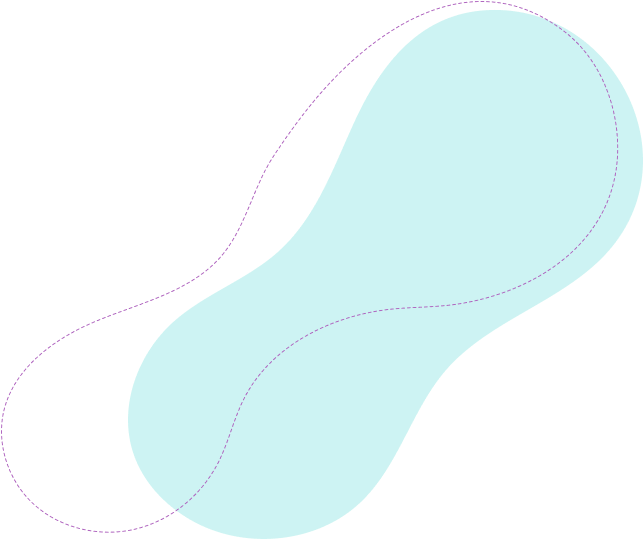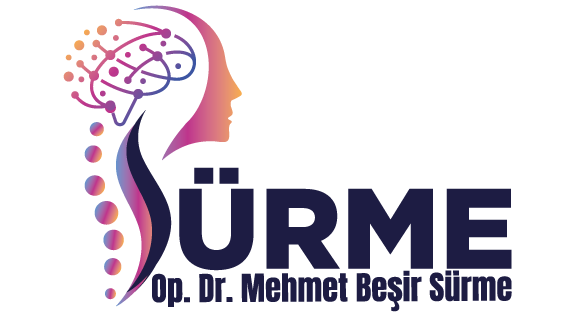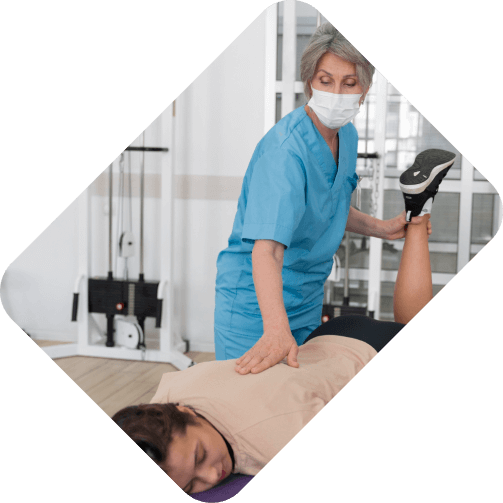Spinal Surgery (Spine Surgery)
- Op. Dr. Mehmet Beşir Sürme
- Spinal Surgery (Spine Surgery)

Monday - Saturday: 9:00 AM - 6:00 PM
0540 026 56 23
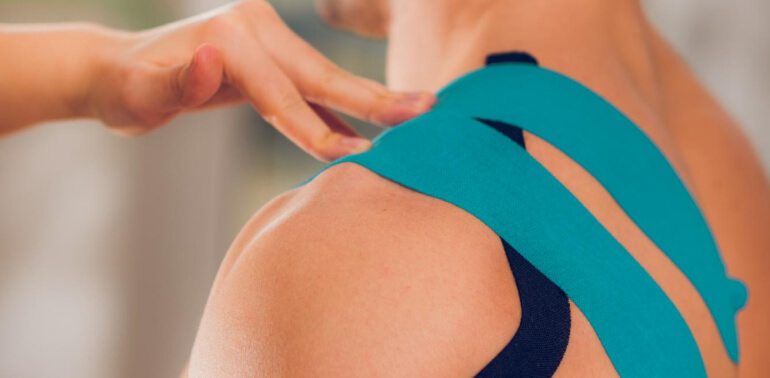
Herniated Discs (Hernia Surgery)
Neck, Back, and Lumbar Herniated Discs
It is the treatment of conditions that develop as a result of the wear and tear of the discs between the vertebrae, which puts pressure on the nerve roots, using microscopic methods. The aim is to relieve nerve pressure and eliminate the patient's pain.
Spinal Stenosis Surgery
Spinal Canal Stenosis Surgery
It is the surgical widening of the narrowing of the canal through which the spinal cord and nerves pass, resulting in nerve compression. Techniques such as microdecompression or laminoplasty may be used.
Spondylolisthesis Surgery
Spinal Fusion Surgery
It is the surgical correction of instability and nerve compression caused by one vertebra slipping over another. The spine is usually stabilized with screw-rod systems.
Spinal Tumor Surgery
Spinal Cord and Spinal Tumors Surgery
It involves the microsurgical removal of benign or malignant tumors developing in the spinal bones, spinal cord membranes, or within the spinal cord. When necessary, it is supported by stabilization systems.
Spinal Deformity Surgery
Scoliosis and Kyphosis Surgery
These are complex surgical procedures aimed at correcting congenital or acquired spinal curvatures. They are performed particularly in children and adolescents during their developmental period.
Infection and Inflammatory Spine Surgery
Spinal Infection and Inflammatory Disease Surgery
Surgical debridement and stabilization of the spine following damage caused by tuberculosis or bacterial infections.
Spinal Neuromodulation Surgery
Spinal Cord Stimulator – Pain Management Applications
It is a functional surgical method that regulates pain signals using electrode and battery systems placed on the spinal cord in chronic pain syndromes.
- International Experience
- Modern and Innovative Treatments
- Scientific Competence
- Trust and Patient-Centered Approach
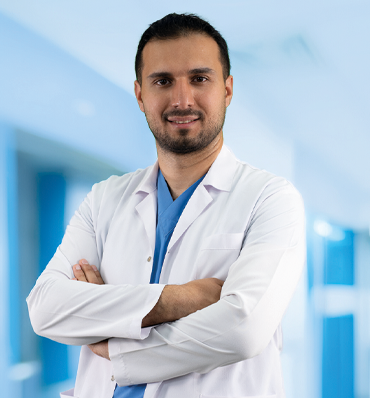
His outstanding expertise in the field of neurosurgery, in Rome At Agostino Gemelli Hospital received Pediatric Brain Surgery has been crowned with fellowship training. This advanced expertise, particularly in childhood cases, is combined with innovative and sensitive treatment approaches. In his clinical practice functional neurosurgerycomplex spinal surgery, 3D printer-assisted cranioplasty and Gamma Knife radiosurgery gibi çağdaş yöntemleri başarıyla uygulayarak hastalarına kişiye özel, en güncel çözümleri sunar. Bilimsel yetkinliğini uluslararası dergilerde yayımlanmış 10’dan fazla makale ve 40’tan fazla atıf ile kanıtlayan bilimsel bilgiyi sürekli olarak klinik pratiğe taşımaktadır. Tüm bu teknik yetkinliğin merkezinde ise open communication, empathy and is based on a strong ethical understanding of medicine; it has adopted as a fundamental principle the management of its patients' treatment process in a safe and transparent manner at all times.
Frequently Asked Questions About Spinal Surgery
When Does Lumbar Disc Herniation Surgery Become Unavoidable, and What Is Its Purpose?
Lumbar and cervical disc herniation (disc herniation) surgery is not usually the first treatment option; however, if the patient has unbearable, severe pain in their leg or arm that affects their daily life, or, most importantly, if there are signs of nerve damage (loss of strength, numbness, inability to control urine/bowel movements), surgery may become unavoidable. The primary goal of surgery is to safely relieve the pressure on the nerve root using microscopic techniques, thereby quickly alleviating the patient's pain.
What is the Difference in Treatments for Spinal Stenosis and Spondylolisthesis?
Although nerve compression occurs in both conditions, the causes are different. In Spinal Stenosis, the canal through which the nerves pass narrows over time; treatment usually involves widening this narrowed area using techniques such as microdecompression. In Spondylolisthesis, however, there is instability (slippage) of the spine. In this case, simply relieving nerve pressure is not sufficient; to stabilize the spine, screw-rod systems are often used to fix the spine and correct the slippage.
Why Do Spinal Curvatures (Deformities) Such as Scoliosis and Kyphosis Require Surgery, and What Is the Purpose of Surgery?
Scoliosis (lateral curvature) and kyphosis (hunchback) are spinal deformities that require surgical intervention, especially when the degree of curvature reaches a critical level. The goal is not only to correct the aesthetic appearance, but primarily to stop the progression of the curvature and prevent future limitations in heart and lung function. Surgery aims to restore the natural integrity of the spine and improve the patient's quality of life.

CORRECT DIAGNOSIS CORRECT TREATMENT
We proudly offer scientific and high-quality treatments.
Approach in accordance with International Standards
International Standards Approach: With its experience in pediatric brain surgery in Rome and numerous scientific publications, it applies evidence-based medicine in every treatment.
Patient-Centered Care
They personalize treatment plans according to their patients' needs, providing reassuring and transparent communication throughout the process.
